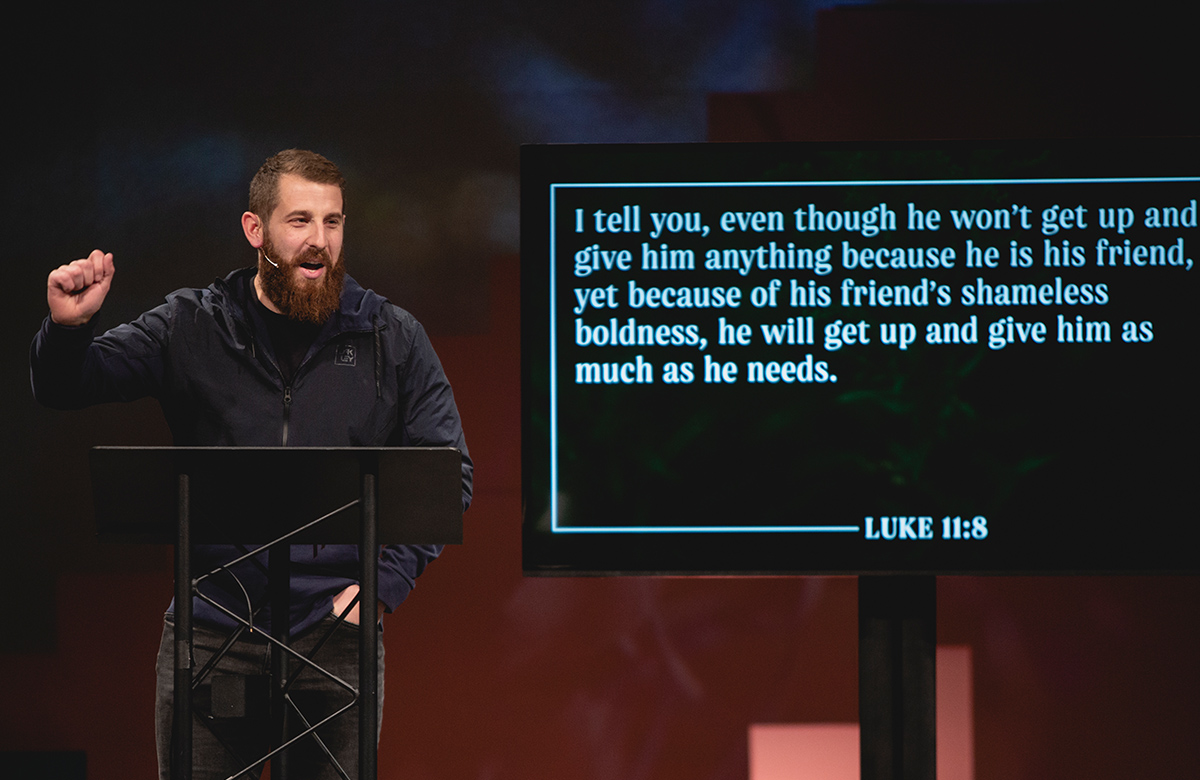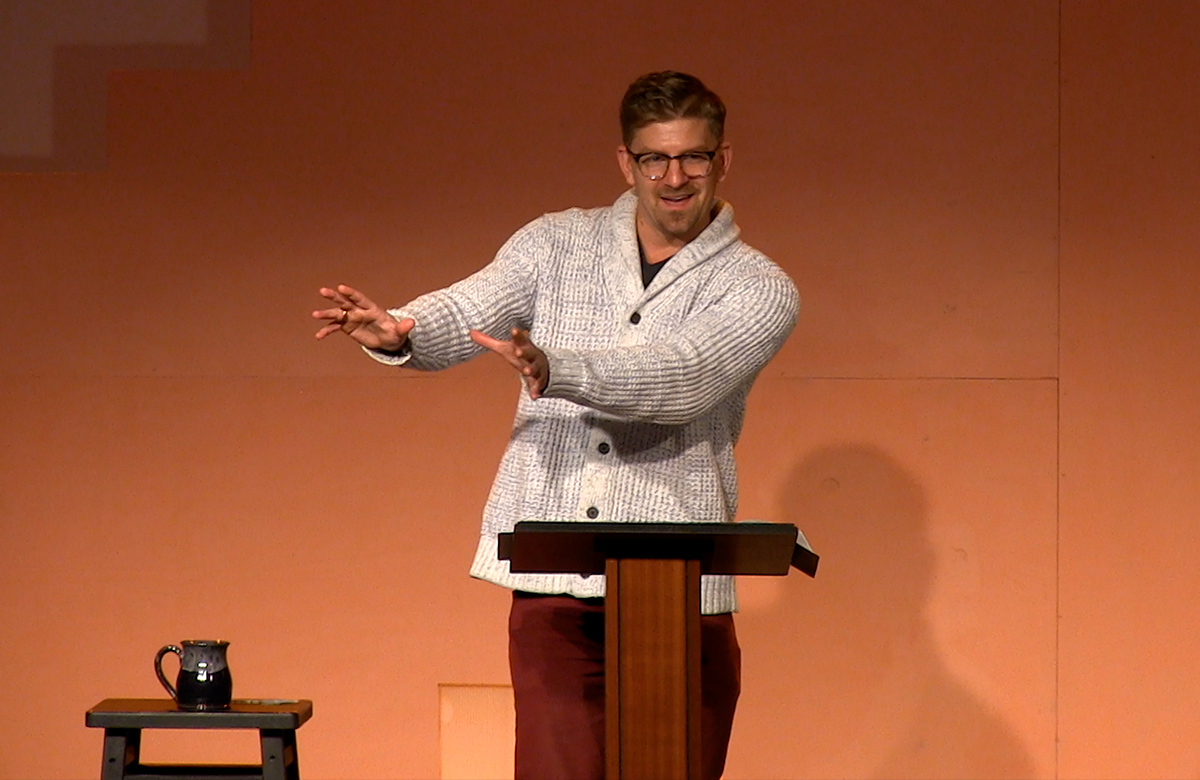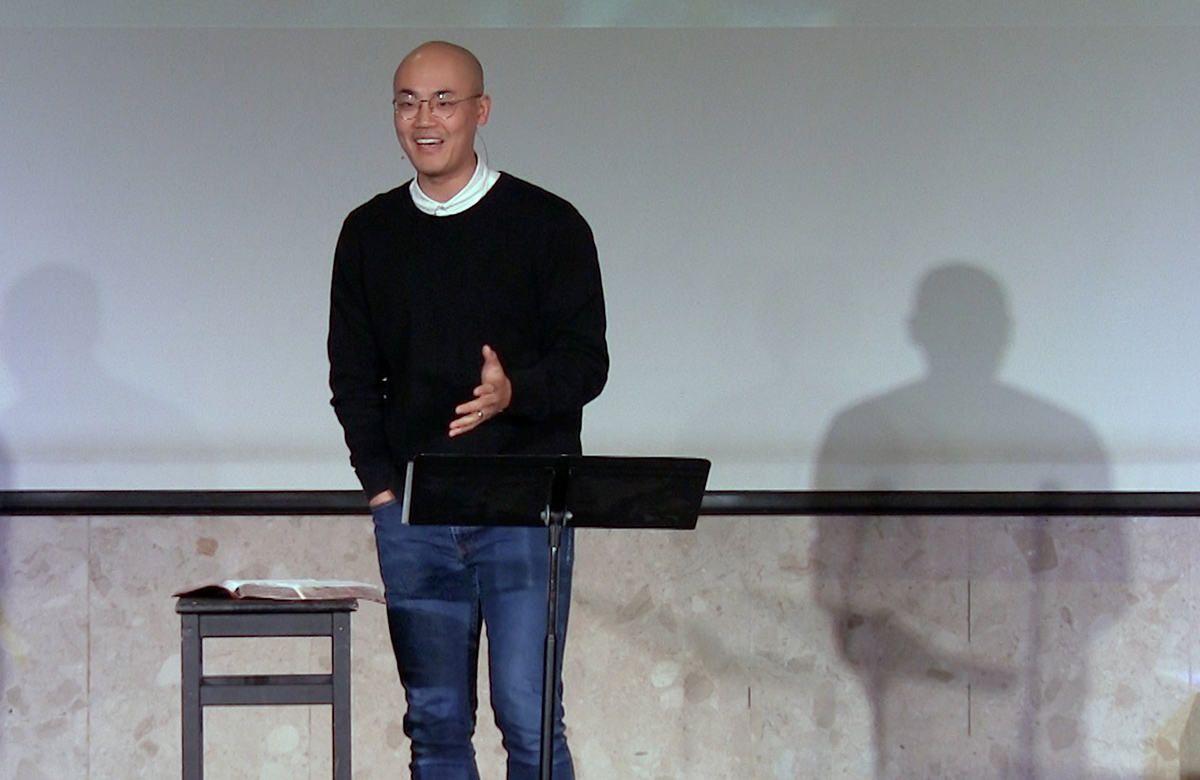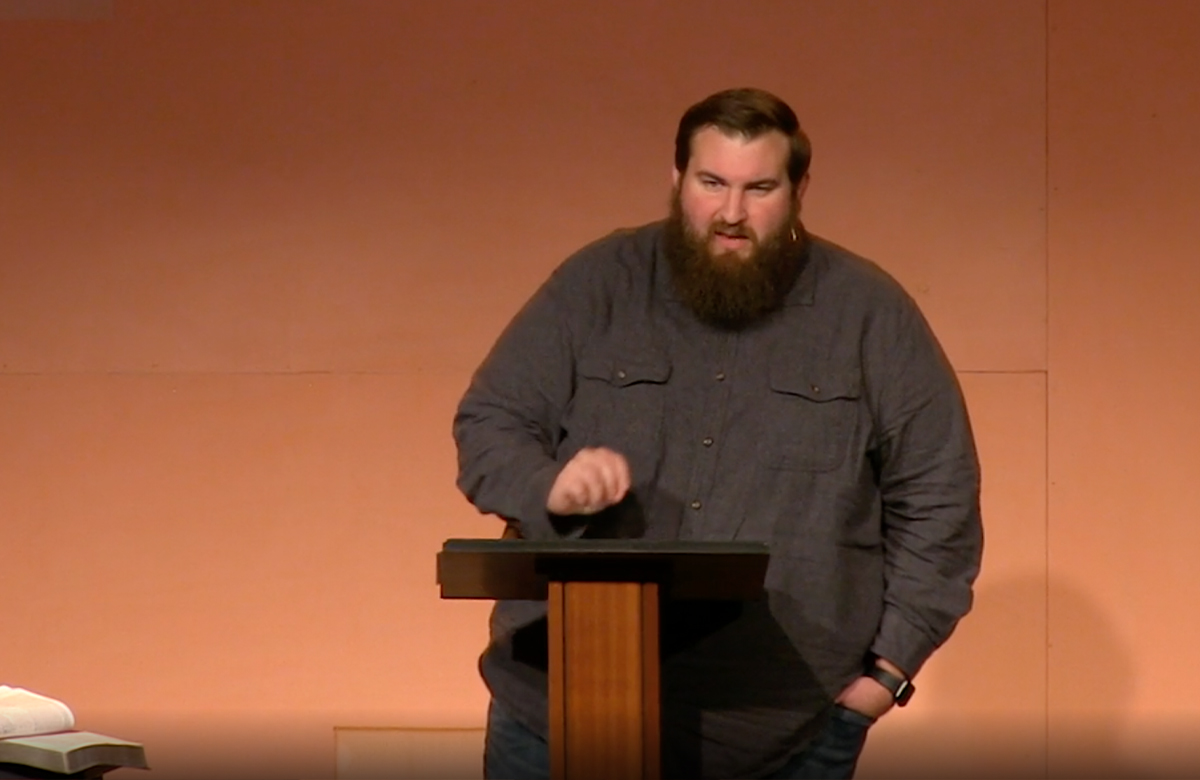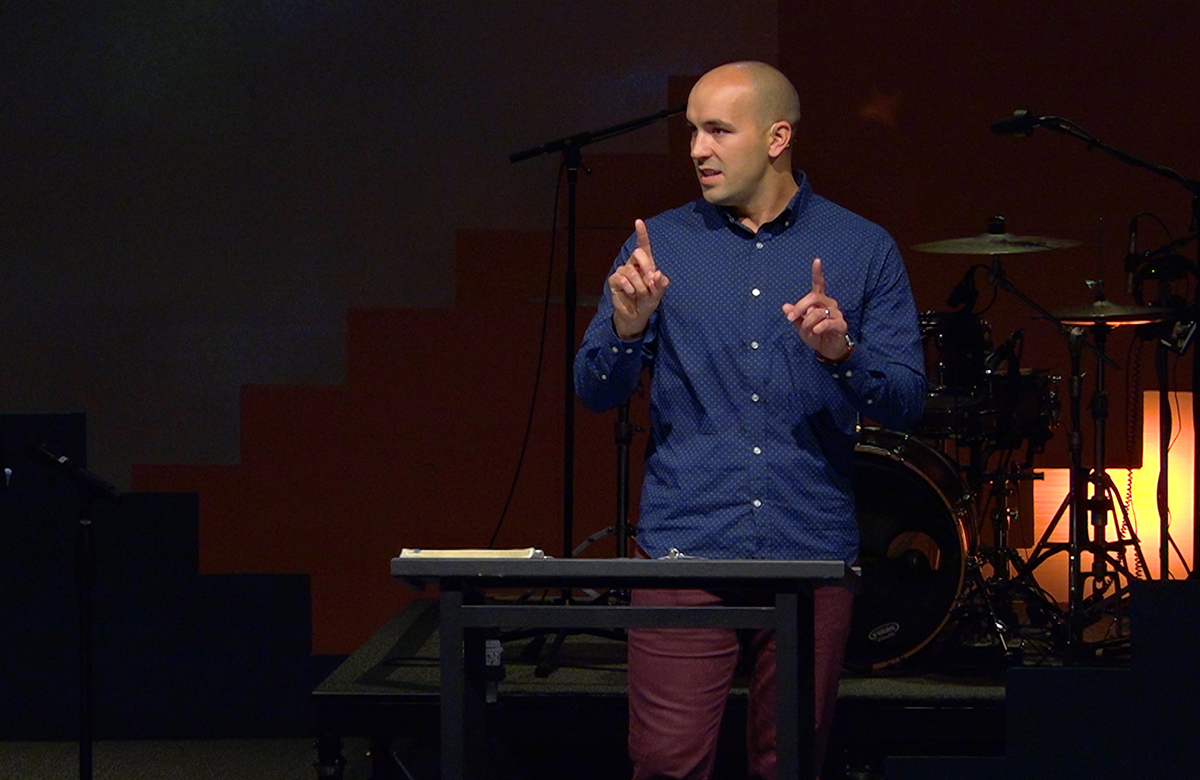10.13.19 | Parables
The Good Samaritan
Luke 10:25-37
The Good Samaritan is one of the most famous of Jesus’s parables, telling the tale of a kind man who helps another in need when others would not. But what of the question behind the parable? What led Jesus to tell the parable and its deeper meaning? Pastor TJ digs into the parable of the Good Samaritan in the series “Parables”.
- Live Notes
Then an expert in the law stood up to test him, saying, “Teacher, what must I do to inherit eternal life?” “What is written in the law?” he asked him. “How do you read it?” He answered, “Love the Lord your God with all your heart, with all your soul, with all your strength, and with all your mind,” and “your neighbor as yourself.” “You’ve answered correctly,” he told him. “Do this and you will live.” But wanting to justify himself, he asked Jesus, “And who is my neighbor?”
Luke 10:25-29
Jesus took up the question and said: “A man was going down from Jerusalem to Jericho and fell into the hands of robbers. They stripped him, beat him up, and fled, leaving him half dead. A priest happened to be going down that road. When he saw him, he passed by on the other side. In the same way, a Levite, when he arrived at the place and saw him, passed by on the other side. But a Samaritan on his journey came up to him, and when he saw the man, he had compassion. He went over to him and bandaged his wounds, pouring on olive oil and wine. Then he put him on his own animal, brought him to an inn, and took care of him. The next day he took out two denarii, gave them to the innkeeper, and said, ‘Take care of him. When I come back I’ll reimburse you for whatever extra you spend.’
Luke 10:30-35
“Which of these three do you think proved to be a neighbor to the man who fell into the hands of the robbers?” “The one who showed mercy to him,” he said. Then Jesus told him, “Go and do the same.”
Luke 10:36-37
The only way a person can justify himself is to limit the extent of the
law’s demand and consequently his own responsibility.
Walter Liefield
- More From This Series



























